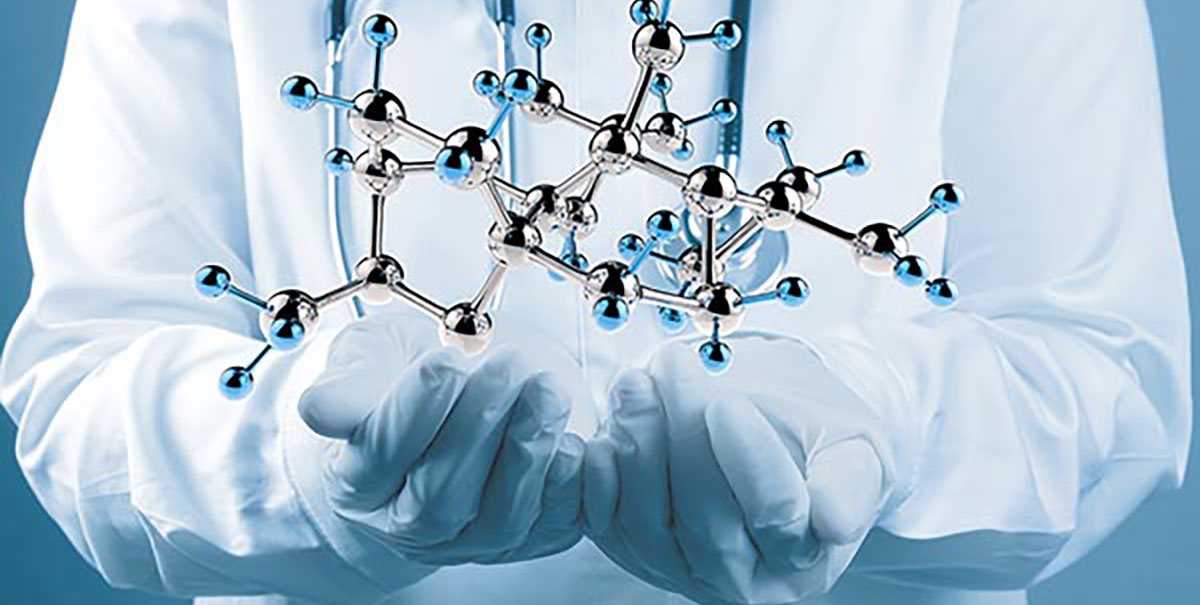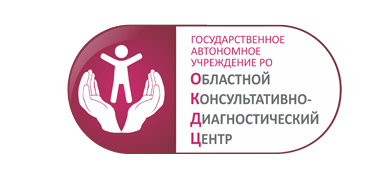
Genetics
RADC’s Genetic Service realizes medical genetic counselling of patients and their relatives concerning presumable congenital or inborn pathologies including orphan (rare) diseases. This process involves the attempt of a single or several qualified specialists to explain for the patient or his family the mode on inheritance, its key manifestations, course and the available treatment of hereditary disease; the aim is to assist family in making the right choice regarding reproductive behaviour including the scale of repeated risk.
The key targets of medical genetic counselling:
- Determination of precise diagnosis for hereditary disease
- Determination of inheritance mode in a certain family
- Risk calculation for repetitive disease in the family
- Determination of the most effective prophylaxis approach
- Meaning of medical genetic report intelligible explanation and assistance in decision making
- Social assistance and the adaptation of families to life with an ill child.
Genetic specialist advices on the issues of genetic defects for infertility and recurrent miscarriage, provides recommendations on genetic testing in pregnancy planning, including couples with burdened reproductive anamnesis and for those who plane to get pregnant with the aid of high reproductive technologies (HRT).
The Centre performs all the investigations needed:
Karyotype analysis (chromosomal) – the investigation of chromosomal dimensions, shape and quantity in the sample of blood cells. (Ctetosomes or their fragments, the absence of one chromosome or its fragment may cause the developmental problems and bodily organ and system dysfunction).
Molecular-genetic testing of polymorphic variants of genes which predispose the development of the wide range of multifactorial diseases:
• Genetic disposition analysis for breast and ovarian cancer (BRCA1 and BRCA2 genes)• Genetic disposition analysis for trombophilia (F2, F5, FGB, PAI1, ITGA2, ITGB3, MTHFR genes)
• Genetic disposition analysis for hyperhomocisteinemia which stands for recurrent miscarriage, fetoplacental insufficiency, and high risk of congenital defect development associated with neural tube defect and nondisjunction of chromosomes in meiosis (MTHFR, MTRR, MTR genes)
• Genetic disposition analysis for arterial hypertension (ADD1, AGT, AGTR1, AGTR2, CYP11B2, GNB3, NOS3)
The key indications for medical genetic counselling at RADC involve:
1. Congenital anomalies (birth defects), deformations and chromosomal disorders,2. Distorted sexual development,
3. Disturbance of neuropsychic or physical development,
4. Mental retardation with varying degrees of manifestation,
5. Spastic strictures of unspecified etiology,
6. Metabolic disorders, hepatomegaly, splenomegaly,
7. Conductive and sensory neural hearing loss,
8. Visual impairment and blindness,
9. Diseases of nervous system:
- system atrophies which mainly damage CNS
- extrapyramidal disorders;
- polyneuropathies;
- diseases of myoneural junction and muscles;
- infantile cerebral palsy of unspecified etiology.
11 .Suspected hereditary skin diseases
12. Two and more spontaneous miscarriages.
13. Related marriage.
14. Woman at the age of 35 and above, man at the age of 40 and above.
15. Pregnancy planning of women with phenyl ketonuria, diabetes mellitus, hypothyreosis, thyrotoxicosis, and system diseases of connective tissue.
16. Teratogen impact up to 14 weeks of gestation (radiation exposure, drug administration, long-term contact with chemical agents, infectious diseases)
However, it is necessary to remember that medical genetic counselling is indicated to every couple which plans reproduction.

